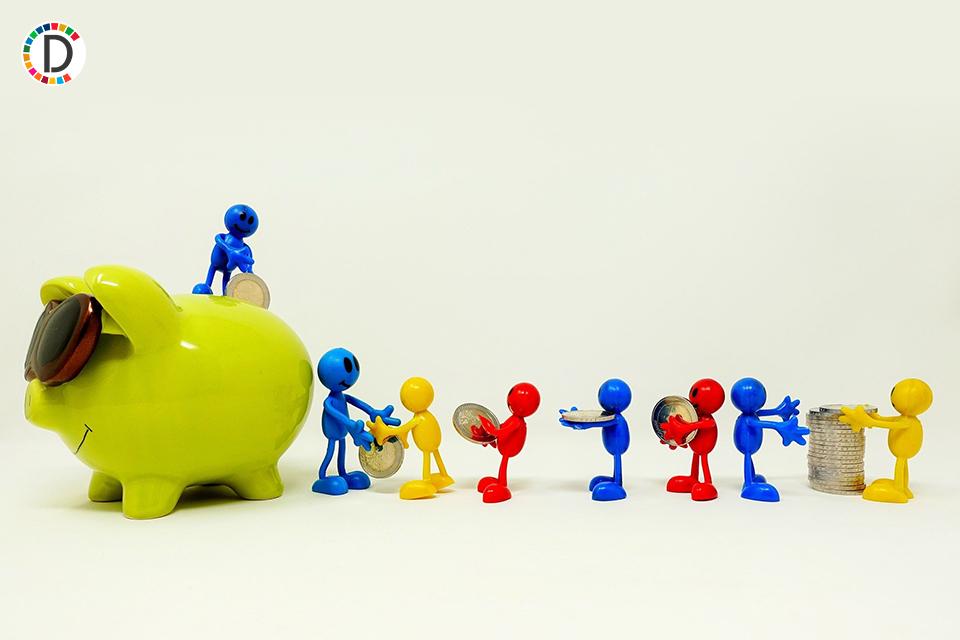Sri Lanka central bank governor Lakshman to step down
The government said he would step down on Tuesday. The announcement comes with bonds at nearly half their face value, debt-to-gross domestic product (GDP) levels exceeding 100%, more than 80% of government revenues going on interest payments alone and foreign exchange reserves dropping to less than two months import cover in July.

Central Bank of Sri Lanka Governor Weligamage Don Lakshman said on Friday he would step down next week at a time when the South Asian island nation's weak foreign exchange reserves have limited its ability to import goods and raised the risk of default. Sri Lanka did not immediately announce a successor to Lakshman, who took up the post in December 2019. The government said he would step down on Tuesday.
The announcement comes with bonds at nearly half their face value, debt-to-gross domestic product (GDP) levels exceeding 100%, more than 80% of government revenues going on interest payments alone and foreign exchange reserves dropping to less than two months import cover in July. "Getting things done according to my policy perspectives was not an easy task. My plan was to tender my resignation on my 80th birthday coming next month," Lakshman told a briefing.
"The unpleasant events over the last week or 10 days have shortened my intended period by about six weeks," he said, although he did not elaborate. The government said it does not want to seek support from the International Monetary Fund.
Lakshman told the briefing he believed the government should turn to the IMF for help. He also said he had been offered a role at the IMF but would not accept it. Sri Lanka's bonds dropped after the news, with the May 27 issue falling 0.6 cent in the dollar, its most in nine days, and the July 2026 issue shedding 0.3 cent, Tradeweb data showed.
Sri Lanka's forex reserves were $2.8 billion in July, reducing import cover to less than two months. S&P Global Ratings cut the country's outlook in August to negative, after cutting its ratings to CCC+/C from B- last year, citing concerns that risks to the island nation's debt servicing capacity had risen further due to the COVID-19 pandemic.
(This story has not been edited by Devdiscourse staff and is auto-generated from a syndicated feed.)
ALSO READ
Sri Lanka's economy shows signs of stabilization, but elevated poverty remain
Three ex-convicts in Rajiv Gandhi assassination return to Sri Lanka
Kumara claims 4 wickets and Sri Lanka wins 2nd test to sweep series over Bangladesh
Sri Lankan economy improving but poverty continues to surge: World Bank
Cricket-Clinical Sri Lanka sweep test series against Bangladesh










